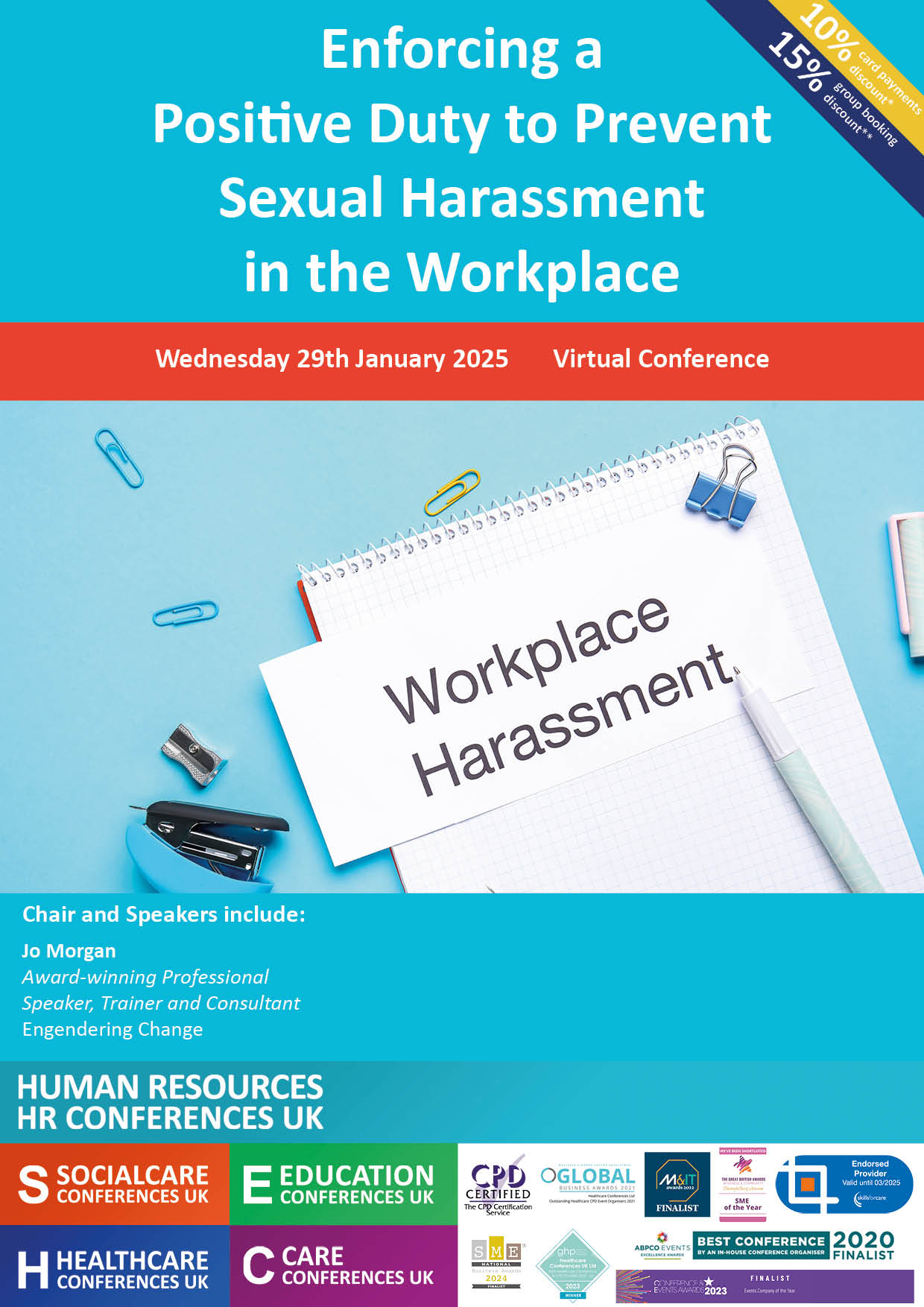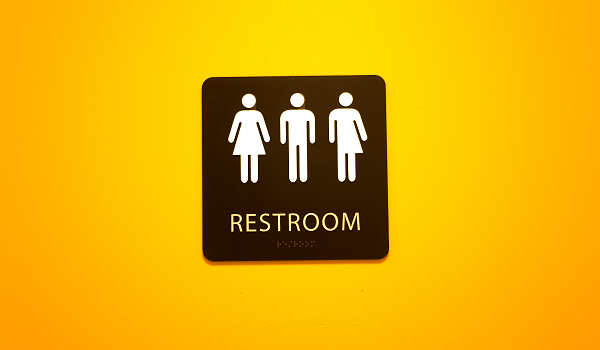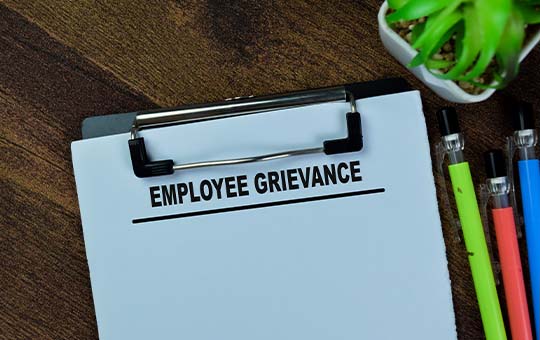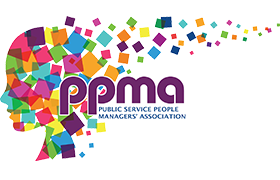Follow the conference on X #workplacesexualharassment
“Sexual harassment, bullying and discrimination are entirely unacceptable. Where workplace cultures of this kind of behaviour go unchecked, they are detrimental to wellbeing, performance, and patient safety.” – Professor Dame Carrie MacEwen, Chair of GMC (Aug 2023)
Since October 2024 all employers are under a new legal duty requiring them to take proactive measures to prevent sexual harassment in the workplace. Failure to comply and put reasonable steps in place will result in a 25% uplift in compensation awards for any type of harassment in the claim.
With little to no guidance on what proactive, reasonable steps might look like in practice and the huge potential cost of non-compliance, it is essential that you are prepared for this new duty coming into force. Join us for this one-day conference which offers actionable insights on combating sexual harassment, promoting psychological safety, and addressing gender inequality. Explore the latest legal developments in workplace protection, followed by essential guidance on crafting proactive policies and training programs. Learn how to cultivate a ‘speak up culture’ and engage in interactive breakout sessions to apply these principles to your organisation.
In the afternoon, explore the intersection of gender inequality and workplace harassment. Discover techniques to identify and address subtle biases and inequalities before they escalate. Gain expert insights into handling complaints and investigations with integrity and understand the importance of conducting risk assessments to mitigate workplace threats. Register now to take the next step in building a safer, more inclusive workplace.
This conference will enable you to:
Understand the current scale and forms of sexual harassment in the workplace
Learn about the implications of the Worker Protection Act and the concept of positive duty for organisations
Identify key elements that should be included in workplace anti-sexual harassment policies
Recognise the importance of regularly updating and effectively enforcing these policies
Explain the concept of a 'speak up culture' and its significance in preventing workplace harassment
Explore practical strategies for fostering and documenting a culture that encourages speaking up
Discover how to use training to fulfil the positive duty to prevent harassment
Assess the benefits of ongoing, situational, and bystander support training in the workplace
Develop strategies for creating clear reporting avenues and conducting robust investigations
Evaluate the impact of thorough investigation processes on company culture and the handling of historical allegations
Understand the need for ongoing support for individuals affected by harassment
Learn about different types of support and how to effectively signpost staff to these resources
Analyse how gender inequality contributes to workplace sexual harassment
Identify proactive steps to address and reduce gender inequalities.
Recognise the importance of risk assessments in high-risk environments.
Reflect on the key takeaways from the conference and the collective responsibility to combat workplace sexual harassment

















